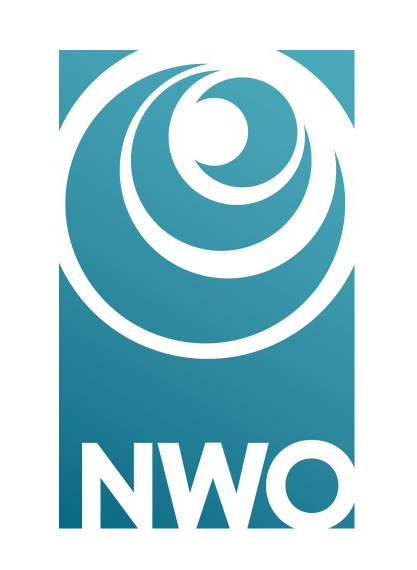Members of Project AWeSome (Adolescents, Well-being, and Social media) interviewed 480 adolescents aged 14 to 17 about the pros and cons of social media, relying on a survey study and qualitative interviews. For most adolescents, the pros of social media seem to prevail. They find that social media is good for their friendships, and motivate them - for example, to do sports or to get better grades in school.
But in a significant other part of the adolescents, the cons seem to predominate. That is cause for concern. For example, 47% of girls and 23% of boys think that social media is bad for their self-concept. The cause that both girls and boys often mention: the perfect pictures on social media.
Another important con is the huge amount of time that is spent on social media. That time has increased sharply with the arrival of TikTok. Many teens indicate that they forget the time while scrolling on TikTok. For some, that time goes up to 9, 10 and sometimes even 14 hours a day. That is too much, and young people think so as well.
The role of parents
Young people do not discuss much of their experiences on social media with their parents. It is also striking that they are more likely to talk to their parents about the fun things they experience than the non-fun ones. The interviews with adolescents show that they are afraid that their parents will take negative experiences too seriously and will therefore ban the use of certain platforms or impose other restrictions.
The researchers emphasize that it is important that parents openly engage in the conversation about the possible negative sides of social media and ask about their child's experiences with as neutral an attitude as possible. Being too worried as a parent usually leads to learning less about their children.
Publication details: Amber van der Wal, Amber, Loes Janssen, Tim Verbeij, Nadia Bij de Vaate, Ine Beyens, & Patti Valkenburg (2024). Through Teens’ Eyes: The Benefits and Drawbacks of Social Media, Center for Research on Children, Adolescents, and the Media (CcaM), University of Amsterdam.






